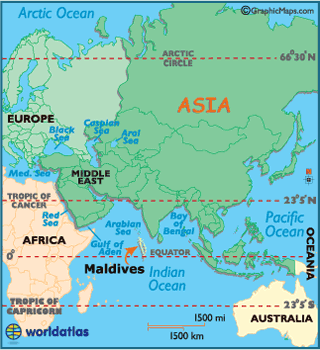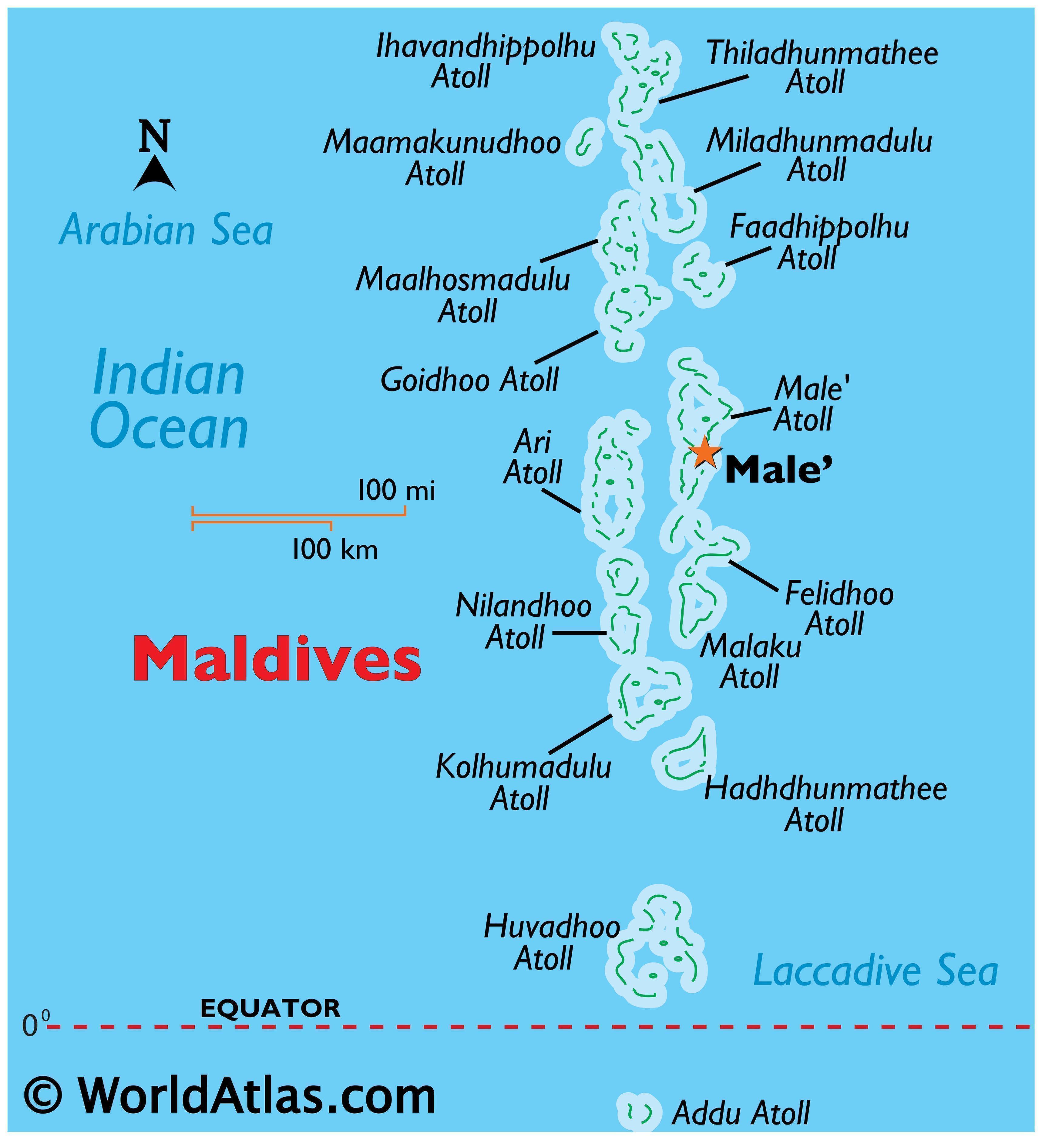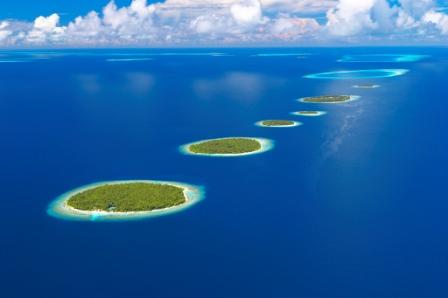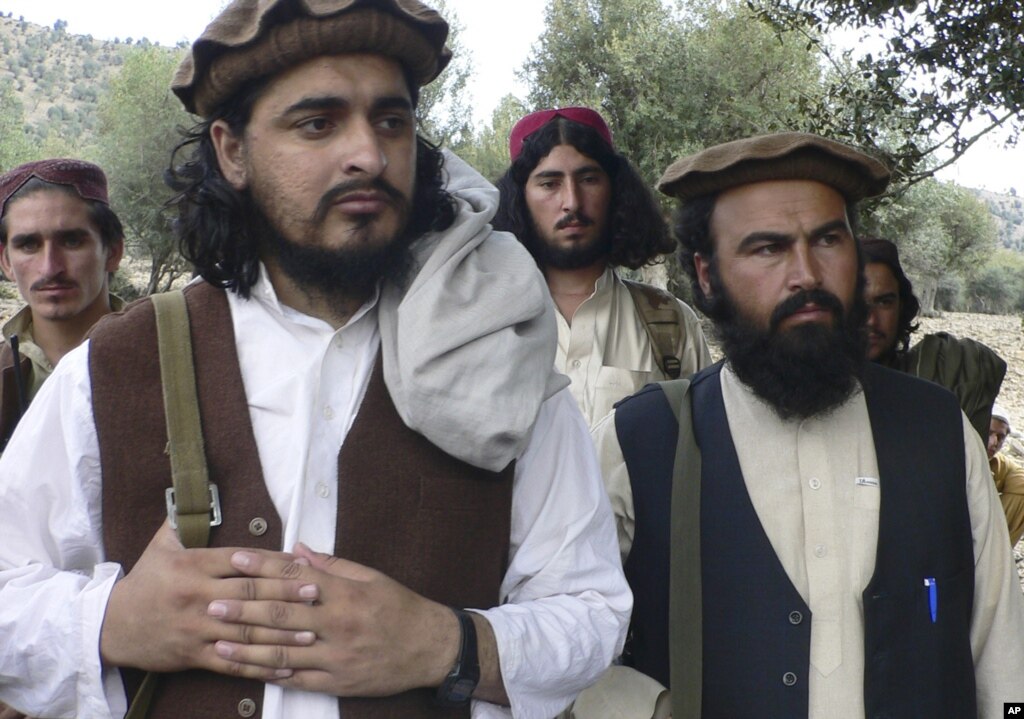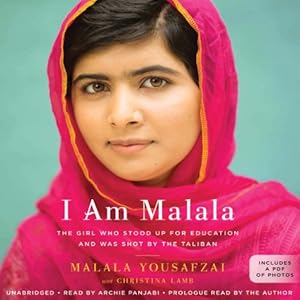Iran and the Big Six sign "historic" nuclear deal
An early CNN reports, "A historic deal was struck early Sunday between Iran and six world powers over Tehran's nuclear program that freezes the country's nuclear development program in exchange for lifting some sanction while a more formal agreement is worked out. The agreement -- described as an "initial, six-month" deal -- includes "substantial limitations that will help prevent Iran from creating a nuclear weapon," U.S. President Barack Obama said in a nationally televised address.
The deal, which capped days of marathon talks, addresses Iran's ability to enrich uranium, what to do about its existing enriched uranium stockpiles, the number and potential of its centrifuges and Tehran's "ability to produce weapons-grade plutonium using the Arak reactor," according to a statement released by the White House. Iran also agreed to provide "increased transparency and intrusive monitoring of its nuclear program," it said.
Click on image for full picture
 From the UK Daily Telegraph ...
From the UK Daily Telegraph ...John Kerry meets with EU High Representative for Foreign Affairs, Catherine Ashton and Iranian Foreign Minister Mohammad Javad Zarif at the Iran Nuclear talks in Geneva, Switzerland. Photo: JASON REED/AP
The world's media will cover this story repeatedly over the next few days. Let's hope it is meaningful.
UN climate change conference pulls out a fragile agreement
One day ago, the French AFP reports, ""Just in the nick of time, the negotiators in Warsaw delivered enough to keep the process moving," said climate analyst Jennifer Morgan of the World Resources Institute. But climate economist Nicholas Stern warned that "the actions that have been agreed are simply inadequate when compared with the scale and urgency of the risks that the world faces from rising levels of greenhouse gases, and the dangers of irreversible impacts."
Rich and poor nations have been at loggerheads ever since the talks opened on November 11 over who should do what to curb the march of planet warming. In particular, they clashed over sharing responsibility for curbing climate-altering greenhouse gas emissions, and about funding for vulnerable countries....
Emerging economies like China and India objected to any reference in the Warsaw text to "commitments" that would be equally binding to rich and poor states and failed to consider historical greenhouse gas emissions. Developing nations, their growth largely powered by fossil fuel combustion, blame the West's long emissions history for the peril facing the planet, and insist their wealthier counterparts carry a larger responsibility to fix the problem. The West, though, insists emerging economies must do their fair share, given that China is now the world's biggest emitter of CO2, with India in fourth place after the United States and Europe."
Click on image for full picture
 From the UN news centre, "Ban Ki-moon addresses UN climate change conference in Warsaw, urging negotiators to rise to the challenge and pave the way to a binding climate deal by 2015. UN Photo/Evan Schneider"
From the UN news centre, "Ban Ki-moon addresses UN climate change conference in Warsaw, urging negotiators to rise to the challenge and pave the way to a binding climate deal by 2015. UN Photo/Evan Schneider"China defines its new Pacific Ocean defense zone
From Pakistan's International News, we read, "The Chinese Defence Ministry on Saturday issued a map of an East China Sea Air Defence Identification Zone that includes a chain of disputed islands also claimed by Japan, triggering a protest from Tokyo. Beijing also issued a set of rules for the zone, saying all aircraft must notify Chinese authorities and are subject to emergency military measures if they do not identify themselves or obey orders from Beijing. It said it would “identify, monitor, control and react” to any air threats or unidentified flying objects coming from the sea. The rules went into effect on Saturday.
In Tokyo, Junichi Ihara, head of the Foreign Ministry’s Asian and Oceanian Affairs Bureau, protested by phone to Chinas acting ambassador to Japan, Han Zhiqiang, saying the zone is “totally unacceptable,” according to a ministry statement. Ihara also criticised China for “one-sidedly” setting up the zone and escalating bilateral tensions over the islands. Both Beijing and Tokyo claim the islets, called Diaoyu in Chinese and Senkaku in Japanese. Protests erupted throughout China last year to denounce the Japanese government’s purchase of the islands from private ownership."
Click on image for full picture
 From the BBC, a graphic showing the new China defense line ...
From the BBC, a graphic showing the new China defense line ...Teatree notes that this zone in the East China Sea is not referring to Chinese claims in the South China Sea, where the Philippines and Vietnam and others are resisting Chinese claims. And to top off THAT area, it didn't help tensions when China initially offered less aid to The Philippines regarding the typhoon, than did the Swedish store business, Ikea.

